What could cause the issue:
- Breaking changes in Pods/APIs
- Breaking changes due to support/non-support of Swift versions
If you are using a versioning system (Git, etc.).
Retrieve an older version of Podfile.lock.
Read that file (it's a text file, you can do more somePath/Podfile.lock in Terminal.app), and the "explicit" versions of your pods should be there.
You should get something like:
PODS:
- GSKStretchyHeaderView (1.0.3)
- Masonry (1.1.0)
...
PODFILE CHECKSUM: someCheckSum
COCOAPODS: 1.1.1
When you do pod 'Firebase' you don't specify a version, so you should get the last one. But if some versions are not compatible, you can get issues.
So you may add the '~> 1.0.3' (for instance if I take my example of GSKStretchyHeaderView). More informations on how to use it here.
So this way you should get back on a older version when everything was working. Now, you can check the documentation of each pods (and their respective podspec looking for "hidden" dependencies) and update them one by one checking which one is the culprit, and then maybe rising a flag (an issue) on their repo/git if needed.
For next dev, I'd suggest to set "version", to at least majors using the "optimistic operator ~>". If they respect the rules of versions, (major/minor/patch), then at least determine the major/minor, a patch shouldn't break anything, but fix things. A minor may have breaking change, while a major has a lot of probability to not be compatible with previous work (different declaration, classes renames, etc.).
If you don't use a versioning system like Git, I STRONGLY suggest you do now.
But if that's your case and you still have the issue. Remember a date when everything was working fine after a pod update/install. Then, go to each Git of your pods, and read the history to find the version at that date and set that version in your podfile for that pod.

